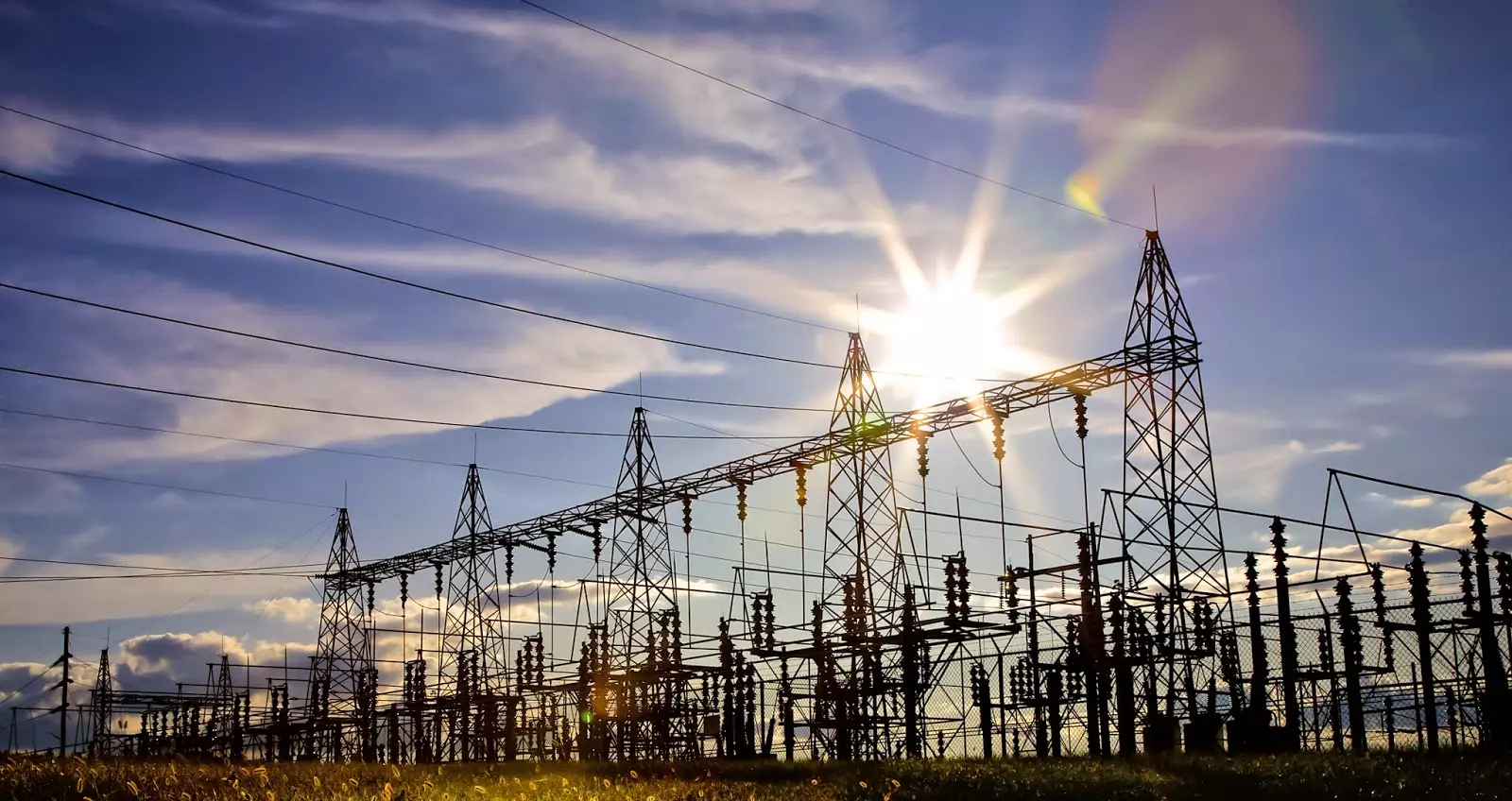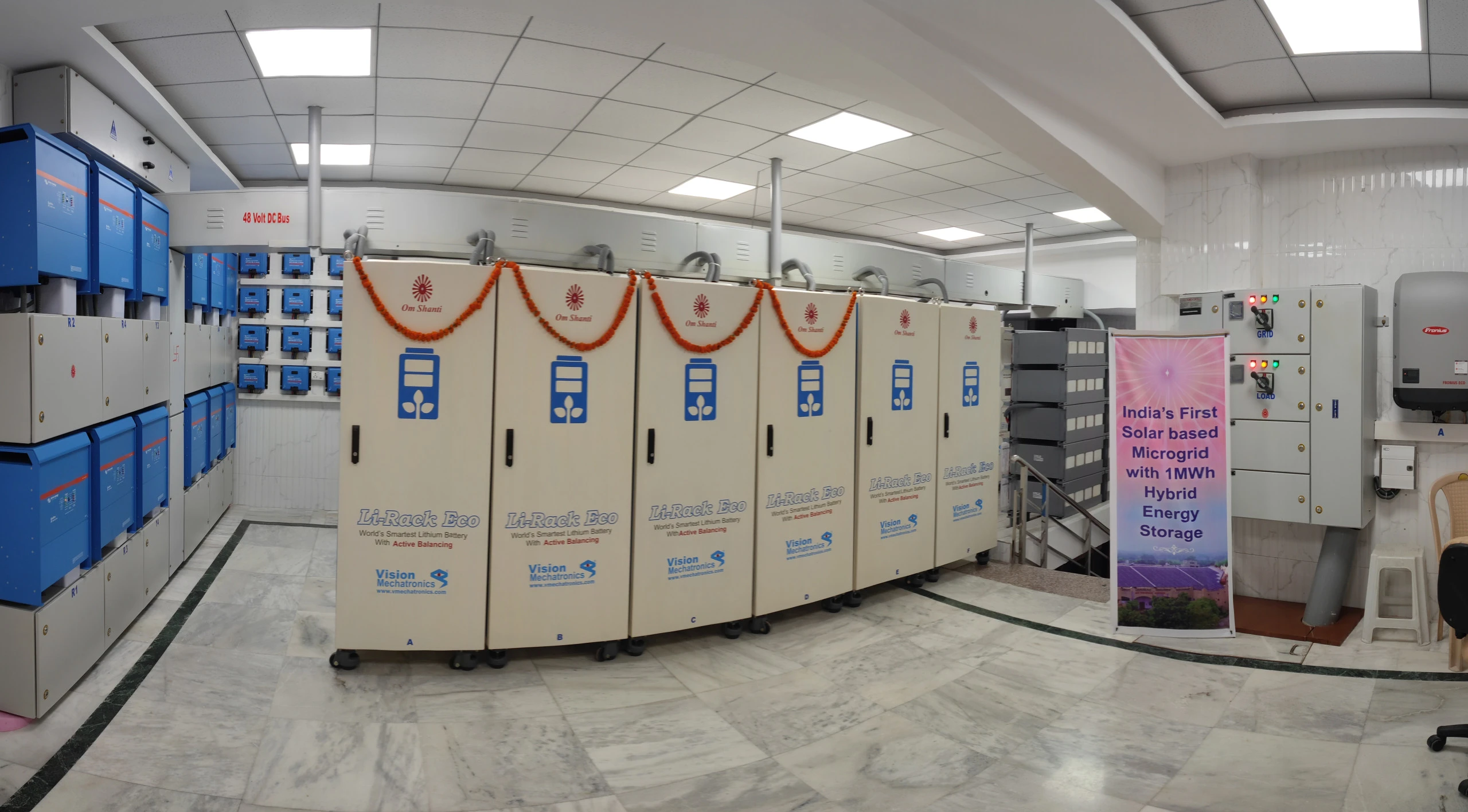Challenges of Optimizing Power Grids
The need to optimize power grids has become more apparent with the rising demand for renewable energy sources. Traditional grids often prove inefficient in handling energy supply and demand fluctuations, resulting in power outages, wasted energy, and increased costs.
Hybrid energy storage solutions present a viable remedy to these challenges. These solutions can store excess electricity generated during low-demand periods and release it during peak hours. This enhances grid stability, reliability, and overall efficiency, contributing to a sustainable and reliable power supply.
Implementation Strategies for Optimizing Power Plants

-
Identifying peak demand periods
Analysing historical data helps utilities determine when to charge and discharge energy storage systems efficiently during high-demand periods.
-
Integration of renewable energy sources
Renewable energy sources, such as solar power and wind energy, can integrate with hybrid energy storage solutions. This requires careful planning to ensure the smooth integration of these intermittent energy sources and the storage systems.
-
Advanced energy management systems
Real-time monitoring and control enable utilities to optimize hybrid energy storage solutions, making informed decisions to balance supply and demand.
-
Collaborative partnerships
Collaborating with stakeholders such as renewable energy developers, storage system manufacturers, battery manufacturers and regulatory bodies facilitates effective implementation, leveraging expertise and resources for optimal results.
By applying these strategies, power grids can fully utilize hybrid energy storage solutions, creating a more efficient, reliable, and sustainable energy infrastructure. The following section explores case studies of successful electrical grid optimizations.
Need for Hybrid Energy Storage Solutions
Our Hybrid energy storage solutions, combining various technologies such as lithium batteries and renewables, provide an innovative approach to optimizing performance and efficiency. These solutions capture energy from sources like solar, wind, batteries, and hydroelectric power, ensuring a steady power supply and contributing to overall sustainability.
One key benefit is their ability to store excess energy during low-demand periods, which can then be used during peak demand, ensuring a stable and reliable power supply. Also, they boost energy efficiency by integrating renewable energy, reducing reliance on fossil fuels, and creating a greener, more sustainable energy system.
Understanding the Benefits of Hybrid Energy Storage
Hybrid energy storage solutions offer several benefits, making them an attractive option for power grid optimization:
-
Improved efficiency
Integrating diverse energy storage technologies optimizes overall system efficiency by storing excess energy during low demand and releasing it during peak demand.
-
Enhanced stability and reliability
Smoothing out energy supply and demand fluctuations improves electric grid stability, reducing the risk of outages.
-
Reduced wastage
By storing and releasing excess energy efficiently, these solutions minimize energy wastage, ensuring effective utilisation of all generated energy.
-
Financial viability and cost-saving:
Despite higher initial investment, optimizing power supply with hybrid energy storage leads to reduced costs in terms of energy wastage, maintenance, and repairs, providing long-term economic benefits.
-
Sustainability and environmental impact
Using renewable energy sources effectively reduces dependence on fossil fuels, decreases greenhouse gas emissions, and supports global initiatives for cleaner and more environmentally friendly energy solutions.
Conclusion
Hybrid energy storage solutions offer a pathway to a sustainable future by optimizing power grids. Despite the challenges and considerations, the long-term benefits, including significant cost savings and increased efficiency, justify their implementation. Collaboration between utilities, regulators, and policymakers is crucial for creating an environment supportive of hybrid energy storage systems.
As we strive for a seamless energy transition, exploring innovative technologies like hybrid energy storage is essential. To learn more about our energy storage products and their benefits, visit our website today. Together, we can optimize power grids and contribute to a greener and more sustainable world.


